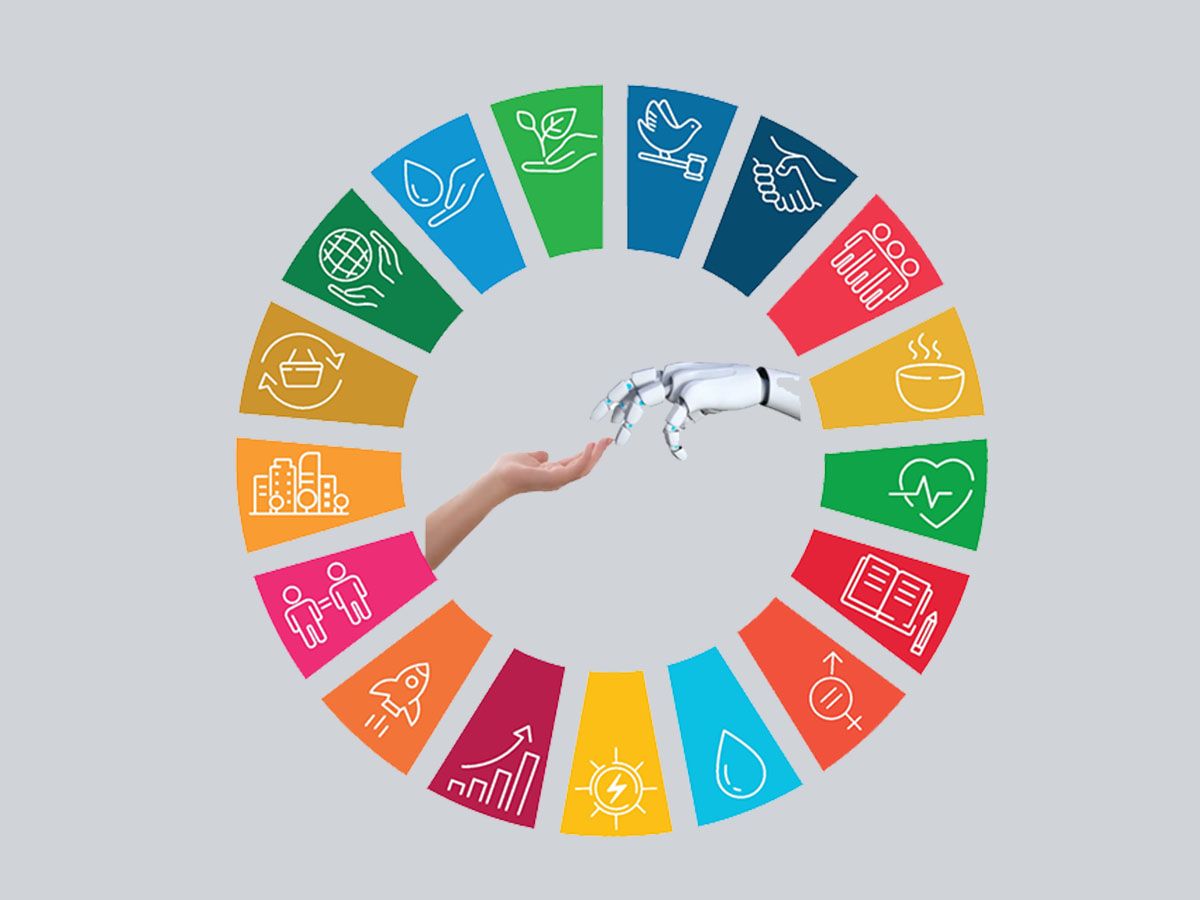AI for Social Good – Scope and Gaps
In the present times, the world has turned to using both cutting-edge technology and Artificial Intelligence (AI) in most facets of life. In the face of this, a call has arisen to use technology and AI to create and improve solutions for social development. Moreover, since technology has permeated almost all daily life, extending it for more significant developmental concerns should also be possible. Public interest technology has gained quite some ground in India. It is already being used in several small and large-scale developmental projects. For e.g., The World Bank has funded a $110.3 million project in Tamil Nadu to set up computer-based systems in public hospitals. As a result, computer systems have been set up in 36 public hospitals to access, collect, and analyse health data in a reduced timeframe, allowing for more efficient medical interventions. Another relatively small-scale intervention would be the creation of the online networking platform IChangeMyCity by Bengaluru-based non-profit Janaagraha. It allowed people to discuss and vote on civic issues in their neighbourhood and find resolutions through a complaint redressal mechanism.
Since technology is being used, it is a natural progression to move further into Artificial Intelligence to search for innovative solutions to socio-economic problems. In particular, assistive AI can help enhance the human decision-making process in healthcare, agriculture, and education. In terms of the holistic impact of AI, a study by Nature in 2020 estimated that AI could help achieve 79% of the Sustainable Development Goals. The Indian government, too, has recognised the potential of AI, evident from the NITI Aayog National Strategy on Artificial Intelligence Report of 2018. It states that its current strategy is to use AI for economic growth and increasing social inclusion while encouraging dialogue around issues such as privacy and ethics. The overarching goal is to “make India a global leader in AI by ensuring responsible and transformative AI for all.” Between 2015 and 2021, 138,000 tech patents were filed in India, of which 1300 patents were in the domain of AI. Additionally, 21% of the patents dealt with healthcare, medical devices, and software – a promising development considering that India struggles to provide affordable quality healthcare to many people.
However, since AI is in its nascent stages of development, the extended application of AI for social good is lacking. If one looks at the landscape of AI for Social Good in India, the interventions are still small in numbers and are in their pilot/introductory phases. Three main problems arise for both AI research and its application in the social sector:
- Poor data availability and quality: Large datasets with proper annotations and labelling are crucial for AI models to run successfully for a particular scenario. However, open-source datasets are rarely available for use by researchers, leading to the slowing down of both AI research and its application to real-life contexts. Additionally, the data needs to be accurate. AI algorithms are self-learning; if they imbibe incorrect data, they will go on to make ambiguous and/or inaccurate predictions and decisions, with potentially harmful consequences. Thus, for developing AI for Social Good interventions, it is essential to make target location and beneficiary-specific data available to researchers.
- Low availability of funds: Adopting AI solutions and transforming existing systems requires large amounts of capital. NGOs implementing development programmes often find it difficult to source funding for day-to-day operations, let alone implement AI solutions. Several start-ups are developing AI for Social Good interventions but find it challenging to move beyond the pilot phase due to a lack of funds. Therefore, funders must be willing to invest in the AI ecosystem, even if they seem like experimental projects.
- Lack of AI understanding: The field of AI is very niche. Due to a knowledge gap, on-ground beneficiaries may consider AI solutions to be unnecessary and risky.
All the above problems can be linked to the absence of an AI for Social Good ecosystem in the country. Therefore, a concerted attempt must be made to build an ecosystem wherein AI research and its application are supported by adequate funding, efforts to increase knowledge about AI, and the availability of good quality, open-source datasets. If accomplished, AI for Social Good holds a large amount of promise for the development sector in India.




